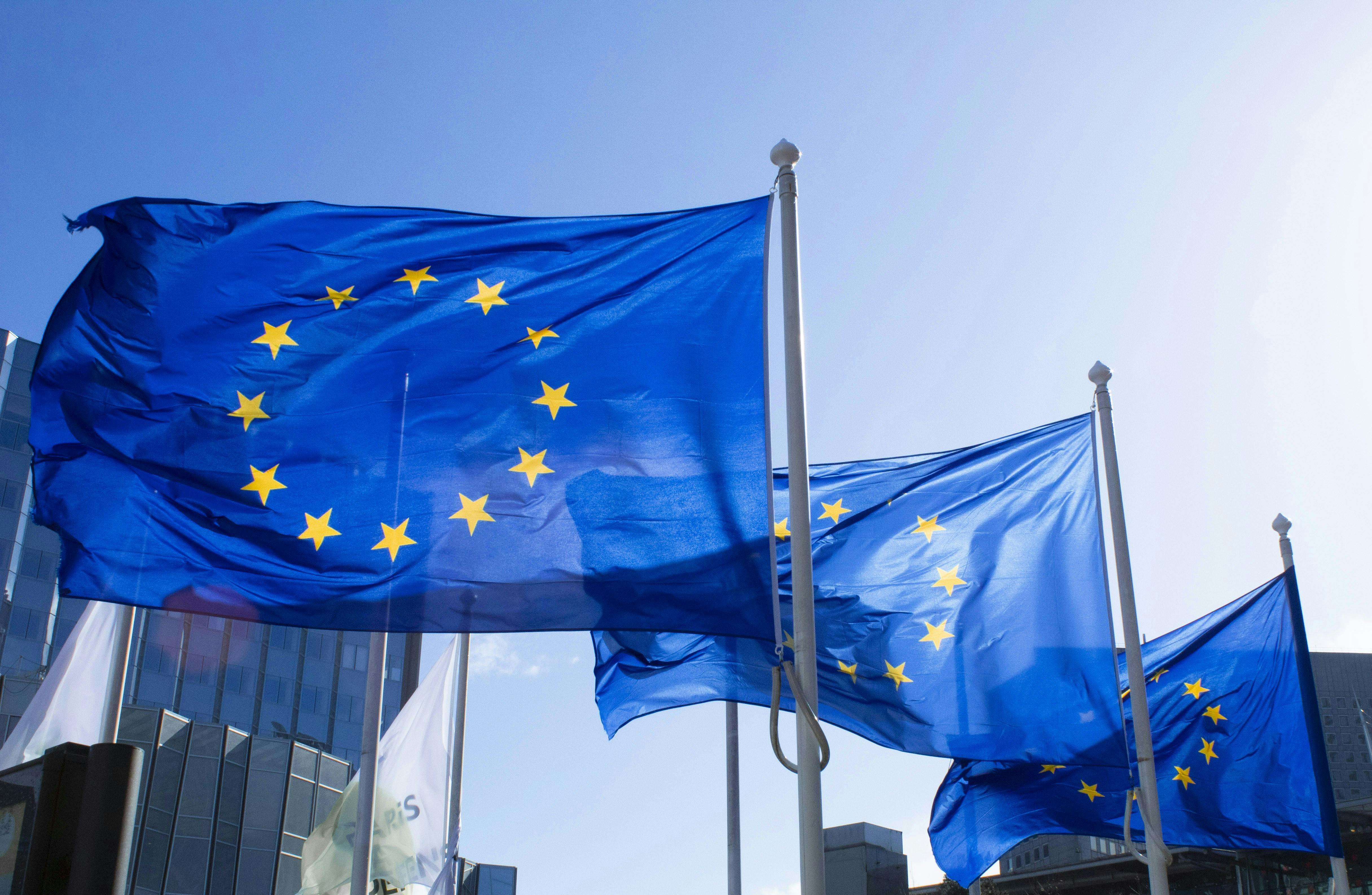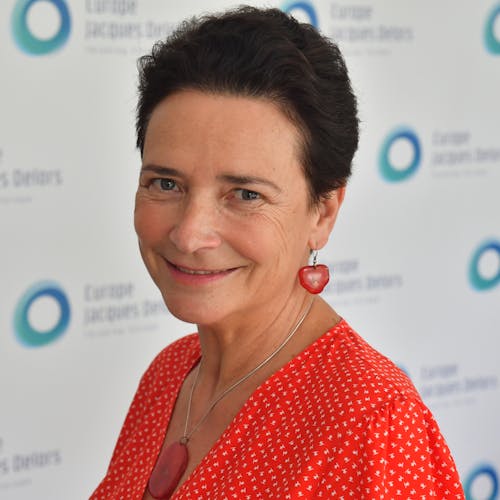EU elections, EU Green Deal, reasons to hope and a way forward
On the 31st of January, the European Commission organised a ceremony of tribute to Jacques Delors where several members of our board could express themselves in a very personal manner on the legacy of our founder. On top of this legacy, one can of course find his taste for listening and dialogue, on which he could conceive and bring to success his most ambitious projects, starting with the internal market and the euro.
I personally insisted on his conception of sustainable development that is depicted in chapter 10 of his White paper on competitiveness, growth and employment. In this chapter he explains why and how the economic, social and environment components of sustainable development must go together. This is more than ever valid and the recipe to make the EU Green Deal a lasting and inspiring success may well be in the respect of this three pillars philosophy and of a method, namely concertation. At a moment when the approach of the EU elections coincides with a severe EU Green Deal backlash, this gives us strong reasons for hope. This is illustrated below in three of EJD's areas of expertise: agri-food, ocean, international trade.
On the very same day, at the European Parliament we took part to an event that we co-organised with the European Food Forum: Taking stock of the Farm to Fork Strategy: Reflecting, Rethinking, Rebuilding. On a day when the tractors occupied the streets of Brussels, representatives of farmers and other stakeholders from the whole value chain discussed peacefully and constructively. A consensus was built on the pursuit of the transition but in a much more concerted manner. This gives reasons to hope and indicate the way forward: more dialogue and a better integration from the starting point of economic and social aspects in the so necessary and urgent green transition. The recent vote in favour of the Nature Restoration Law shows that this course can be kept. Nature restoration and sustainable agriculture go hand in hand, as a sustainably managed agricultural production helps preserve and restore critical habitats, improve soil health and water quality.
The same philosophy is at the root of the launch, with the Oceano Azul foundation and the support of eminent stakeholders of a movement pleading for the adoption of an ambitious and positive EU agenda for the ocean in the next legislature. Our Manifestofor a European Ocean deal will advocate for a holistic approach that integrates economic opportunities for prosperity and social equity, environmental protection and geostrategic dynamics. We could exchange positively on this perspective with Commissioner Sinkevicius who rightly saw in this project a filiation with the Starfish 2030 EU mission to which we continue to take an active part. The negotiations on a Global Plastics Treaty were among the subjects discussed. They should be concluded by the end of 2024 and could constitute one of the key advances in ocean protection to be celebrated in UNOC 3 in Nice in June 2025. To contribute to this objective, we have just released a policy brief, which highlights the need for the EU to support ambitious proposals from other regions, namely Africa and the Pacific and Small Island Developing States (PSIDS).
Together with Polygreen we explore innovative solutions to respond to challenges in the field of the blue economy. Our first common paper focuses on “Zero Waste Islands”, taking the results of Just Go Zero Tilos, as a case study for a new approach towards a more sustainable resource management model aligned with the circular economy principles, bringing more activity and employment but also a much better environment to small islands.
In the realm of trade policy, all eyes are on the ongoing 13th Ministerial Conference (MC13) in Abu Dhabi. On its inaugural day, MC13 featured the first-ever Ministerial conversation on trade and sustainable development, including discussions on industrial policy. This is a notable achievement, signalling that there is a strong interest to see sustainability issues discussed at the organization’s highest levels. This is necessary to ensure the inclusion of perspectives from all Members, be they developed or developing countries. This is the rationale behind EJD's proposal for a Global Triangle Forum, aimed at providing a platform for inclusive and comprehensive discussions on issues at the intersection of trade, environment, and development.
To save the European Green Deal and achieve its ambitions, it is imperative to restore the balance of sustainable development by further integrating economic and social dimensions into environmental policies. It is also necessary to return to the principles of dialogue and consultation, notions dear to Jacques Delors, to guarantee a just and inclusive ecological transition. By adopting this approach, the European Union can truly become a global leader in the fight against climate change while ensuring the economic prosperity and social well-being of its citizens. This gives us strong reasons to pursue our efforts!


